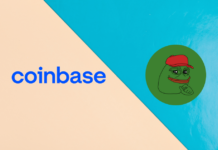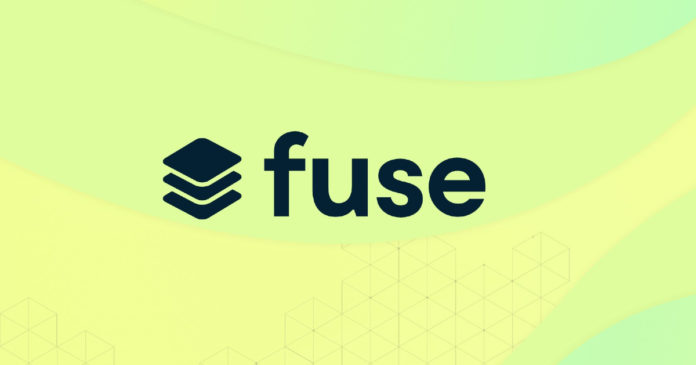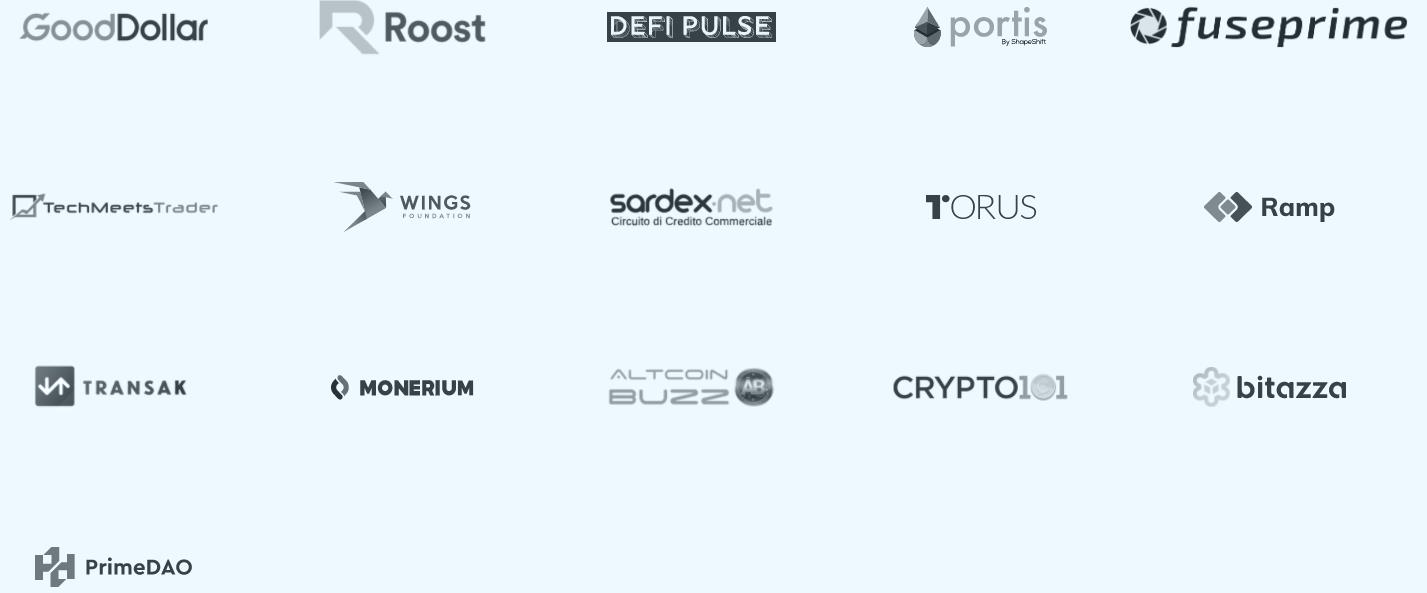Founded in 2019, the Fuse Network aims to revolutionize the traditional payment and exchange system. The network is working to devise a fast and low-cost payment solution to simplify the day-to-day activities without any involvement of a third party.
The Fuse chain runs as a side chain of the Ethereum network. The FUSE token is minted on the Ethereum network and then it is moved to the Fuse Network with the help of the bridge. The users will then get exposed to a wide range of features and business plugins that will help them in performing daily payment activities.
The network uses DPoS (Delegate Proof of Stake) as a consensus mechanism and is supported by a group of validators that run the nodes to validate network transactions and execute smart contracts. To become validators, the interested organizations, companies, or users need to stake a minimum of 100K FUSE tokens in the Fuse consensus contract address. Other network users can delegate their tokens to the validator. The validators and the delegators receive the FUSE tokens as a reward for staking their tokens.
Table of Contents
Validator
The Fuse Network is supported by a number of validators who run the network nodes to validate network transactions and execute smart contracts. These validators are spread around the world. They can be any company that builds on the network, 3rd party service providers that provide services like KYC, exchanges, credit score providers, lenders, or any community operators on Fuse.
The validators should be equipped with all the mandatory hardware and software pieces along with the technical knowledge to carry out the underlying procedure smoothly. They also hold a copy of the Fuse blockchain that they use to validate network transactions. Whenever the network groups and broadcasts the transactions, the validators compete with one another to validate and sign the state of the chain. In return, the validators receive a block reward (X per block) with yearly inflation of 5% that is distributed between all validators.
The Fuse Network is open-source in nature, and can be accessed publicly. The service provider can easily customize the codebase to integrate their products with the Fuse Network. Later, they can make it open for the users to pay, exchange, or use any financial service using their preferred currency. These service providers pay a fee to the network validators for validating the transactions. And the validator, or its delegators, receives the Fuse token (FUSE) in the form of rewards.
Basic Requirements to Become a Validator
- The user needs to hold at least 100K FUSE tokens. This could be the total amount of staked tokens and the delegation tokens on the validator address. To stake, the user needs to send the tokens to the Fuse Consensus contract address from the validator address.
- Necessary hardware and software requires to run a full node.
- ETH to pay for the gas charges.
- Basic technical knowledge to run and maintain the designated activities.
Delegation
Network users can delegate their FUSE tokens to a validator in order to contribute indirectly to the smooth functioning of the network’s activities. All you need to do is to select a validator and delegate your FUSE tokens to them. There is no such minimum token balance criteria for delegation. You can delegate any amount of tokens that you are holding.
You can read our previous guide on how to stake or delegate FUSE tokens.
Withdraw
Stakers or validators can withdraw their tokens at any time. When any delegator withdraws, the withdrawn amount gets deducted from the validator’s account. In case if it becomes less than the minimum staking requirement, then the validator will be removed from the network’s validator list.
Consensus Method
The Fuse Network is based on a Delegated Proof of Stake (DPoS) consensus model. This method was introduced to minimize the entry-level criteria so that users with low token balances can participate in the network’s activities. Small token holders will delegate their tokens as well as voting and validation power to the validators who satisfy the mandatory requirement (software, hardware, etc) to fit for the position. The validator validates the network transaction, and in return, all the involving parties receive a reward.
FUSE Token
The FUSE token is the native token of the platform. It is an ERC-20 token and can be moved easily between the Ethereum and the Fuse Network using a bridge.
The token has multiple utilities:
- Network Fee – Use to pay for the network fee to approve transactions.
- Staking – Users who are holding a minimum 100k FUSE tokens and able to manage other hardware or software requirements can become network validators by staking their tokens.
- Delegation – Users who are holding less than 100k can delegate their FUSE tokens to a validator and earn rewards. The delegation feature was activated in Q3 2020.
- Voting – Token holders can take part in governance activities (network upgrade/other governance changes). The more tokens a user is holding, the greater their voting power.
Partners
Social Presence
Conclusion
Fuse Network is a unique project that aims to bridge the gap between crypto and the real world. The platform has its own features and tokens that will help you in creating a crypto economy rather than the other existing platforms that use and take help from third-party service providers for integrating payment solutions. They have been in the blockchain ecospace for quite a long time. Fuse is also working rigorously to upgrade their products’ features.
Apart from staking and delegation, there are other products in its ecosystem that users can use. For example, you can use Fuse Cash to create your own token that you can use in your community as a token with monetary value to pay for services and features. You can use Fuse Studio to manage the payments within your community. The platform also offers a wallet to its users but it is currently undergoing a version upgrade.
Resources: Fuse Network Docs
Read More: ZeroSwap: Trade With Zero Gas and Trading Fees





























